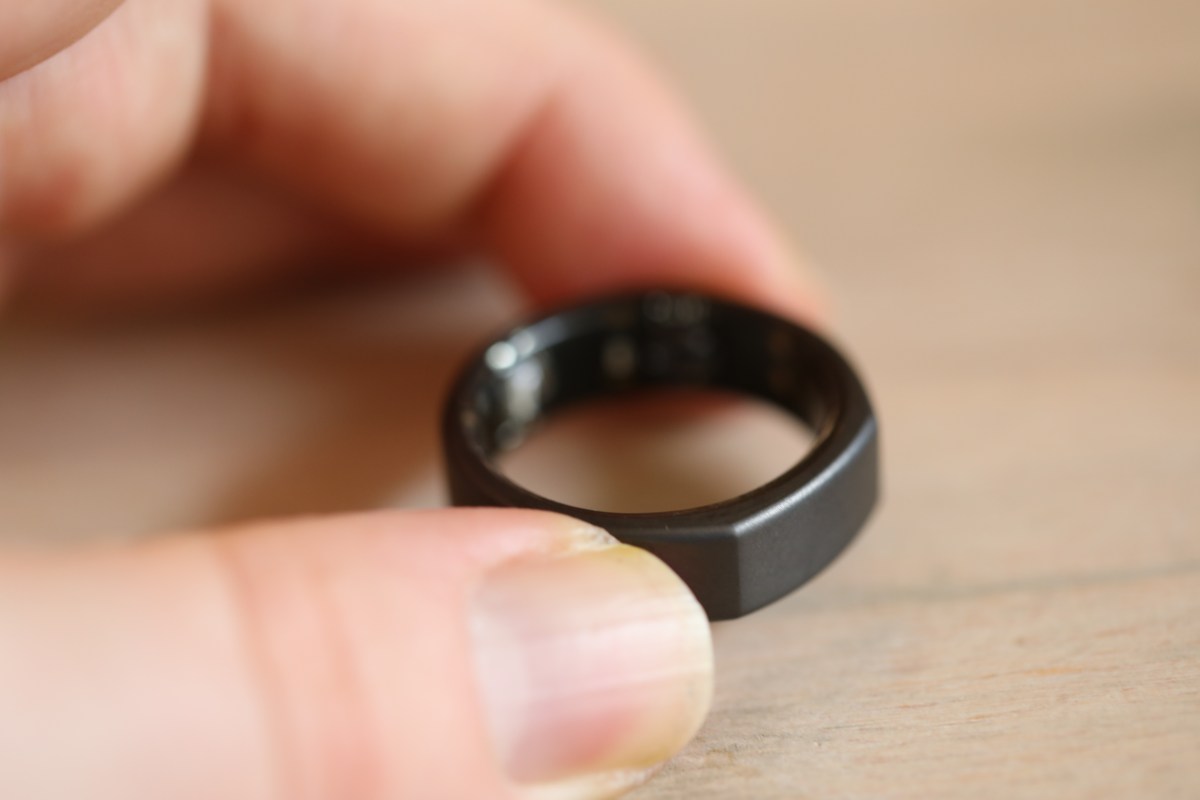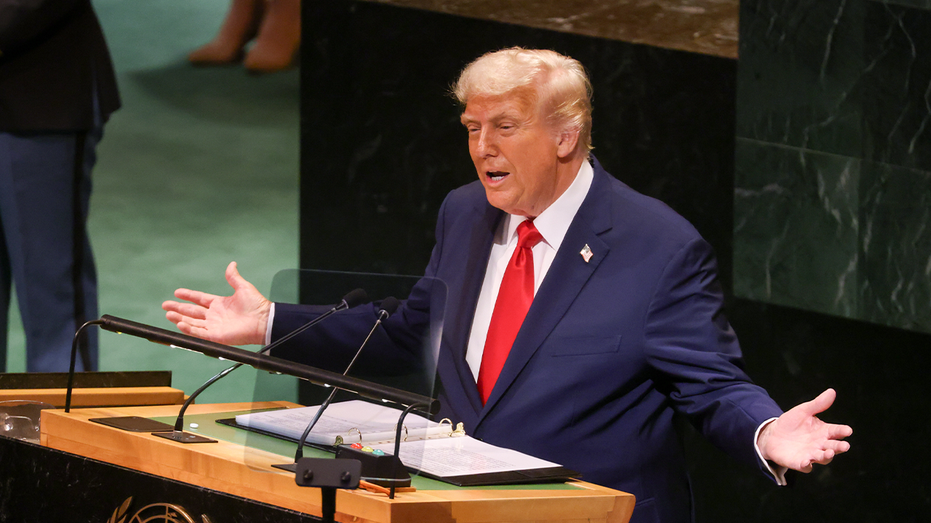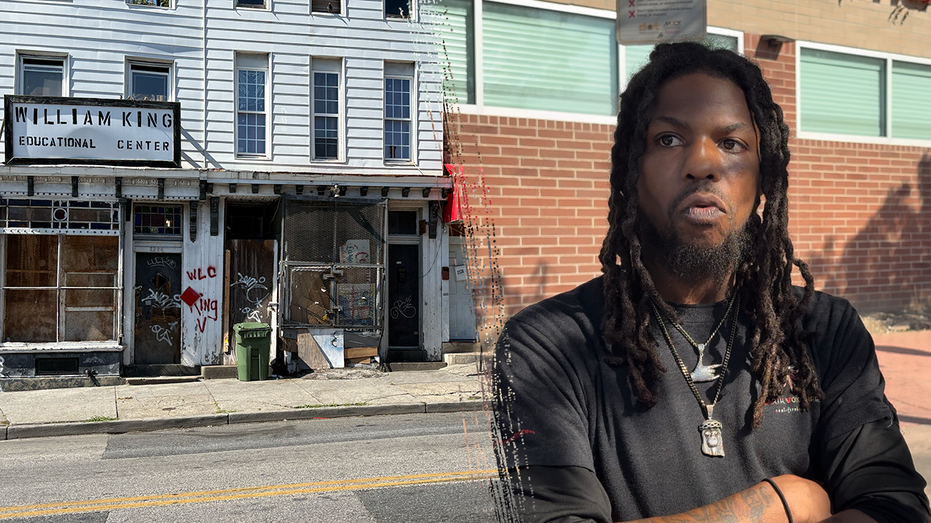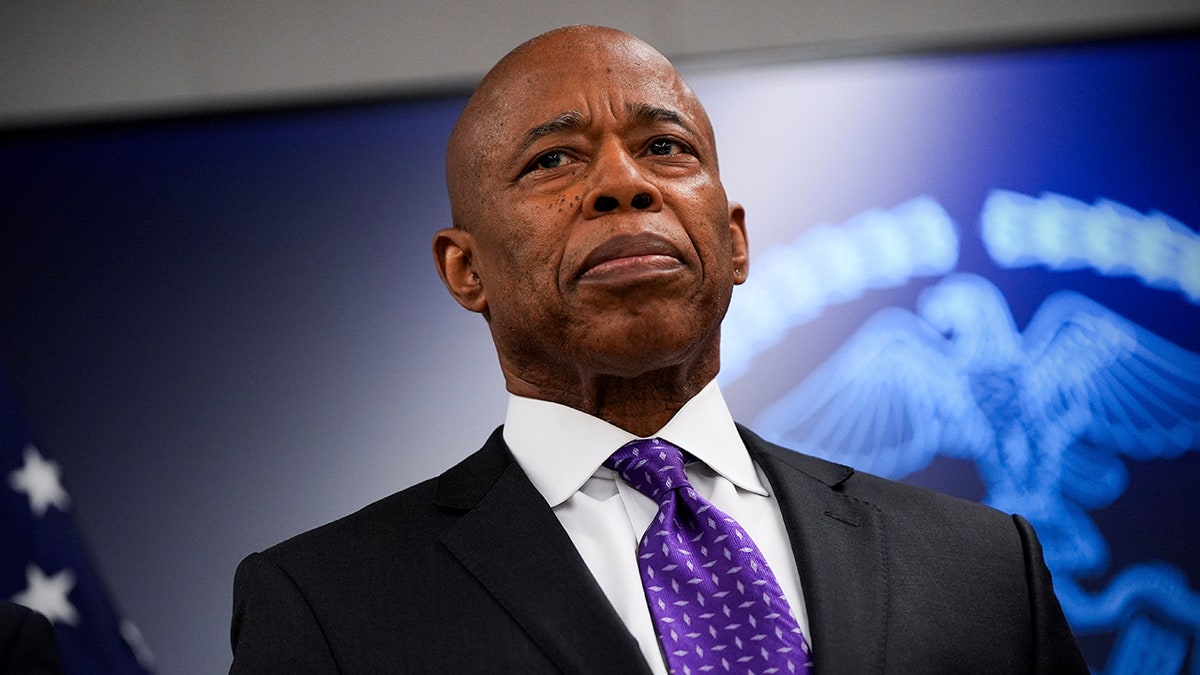Libertarians like Ron Paul warned against REAL ID — is the criticism merited? Experts weigh in
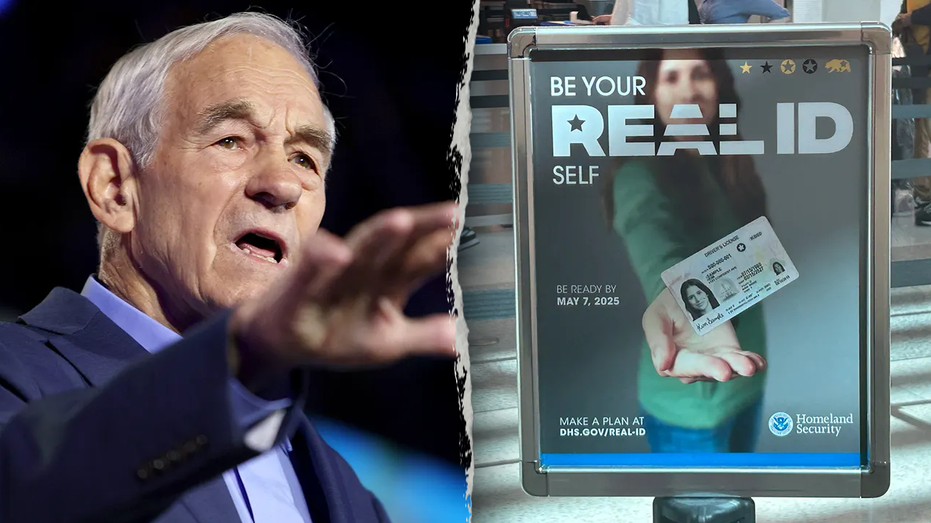
While many public policy leaders believe implementation of REAL ID requirements across the country will bolster national security, some more libertarian critics say the Bush-era protocol could come at a cost to individual liberty and bigger government, with one expert telling Fox News Digital it essentially sets up a de facto national ID system and treats law-abiding Americans with suspicion.
When Congress debated REAL ID in 2005, libertarian Rep. Ron Paul, R-Texas, strongly opposed the move, positing that it constituted a national ID card that had no limitations on what type of information could be stored on it, posing a significant threat to American civil liberties.
After being signed into law, the implementation of REAL ID was repeatedly postponed during administrations of both political parties, including the first Trump administration during the height of the COVID pandemic. This year, however, the Transportation Security Administration (TSA) and the Department of Homeland Security (DHS) set a new deadline for obtaining a REAL ID of May 7. Having REAL ID-compliant identification will be required to board domestic commercial airline flights and to access some federal facilities like courthouses or military bases.
So, should citizens be concerned about getting a REAL ID? Fox News Digital spoke to two policy experts, one supportive and one critical, for their views.
WHAT IS REAL ID? DEADLINE APPROACHES FOR NEW IDENTIFICATION CARDS REQUIRED TO FLY DOMESTICALLY
Simon Hankinson, a senior fellow at the Heritage Foundation’s Border Security and Immigration Center, told Fox News Digital that requiring additional documentation to obtain a REAL ID will have a significant impact on identifying and cracking down on terrorism and other illegal activity in the U.S., including illegal immigration.
By requiring a REAL ID to fly, Hankinson explained that IDs offered by liberal states to illegal immigrants will no longer allow those illegals to easily move about the country unchecked.
He pointed to the Sept. 11 attacks in 2001, in which several of the al Qaeda terrorists involved had obtained valid state licenses, which were accepted for boarding their flights.
And while Hankinson acknowledged that concerns about data privacy are legitimate, he pointed out that most Americans already have much of their information stored in databases such as that of the Social Security Administration.
'WE'RE SIMPLY NOT READY': REAL ID ROLLOUT COULD TRIGGER NATIONAL HEADACHE, STATE LAWMAKER WARNS
Hankinson said the government will have to be held to the highest standards to uphold citizens’ privacy. Still, he compared the risk-reward scenario posed to the nation by REAL ID to nuclear power.
"If it's done right, you can mitigate the risks, and you can have, like France, 75, 80% of your power from nuclear power plants," he said. "If you cut corners, and you put the wrong people in charge and you take risks, then you end up with Chernobyl."
But Jim Harper, a senior fellow of digital privacy and constitutional law at the American Enterprise Institute, told Fox News Digital that though REAL ID is not technically a national identification card, since it is issued by individual states, obtaining one enters private citizens into a national database, effectively making it a national identification system.
"REAL ID is a national ID system. And historically, national ID systems have been used for terrible things," he said. "We want to make sure that we don't position ourselves in the United States ever to have that much authority reside with the government. And so, for two decades now, I've been arguing against REAL ID, simple as that."
What is the problem with being entered into a national system? Harper explained that his concern is that setting up such a system treats American citizens as suspects before they have committed any crimes.
He granted that the dangers of REAL ID are "not as urgent" as something like the Patriot Act, which was passed in the wake of 9/11 and significantly expanded the scope and powers of law enforcement and intelligence operations in the U.S., but that it similarly expands the ability of the government to control and monitor its citizenry.
"I reject the idea of having law-abiding American citizens put into a national I.D. system because they might be terrorists. That's not the way we do law enforcement in this country, to treat people as suspects from go," he said. "I don't think natural born citizens should, should be put into a national I.D. system for immigration control. That's the that's the problem of illegal immigration being visited on the citizen. That's not how it's supposed to work."
In his view, the "burden" of the reasons for having a national ID "all falls on the citizen, on the individual who's not accused of any crime or any wrongdoing. That's not the way to do it."
WHAT DID THE BUSH ADMINISTRATION, 9/11 COMMISSION SAY ABOUT REAL ID LEGISLATION?
Harper predicted that the federal government will ultimately bend on enforcing REAL ID requirements and continue to "kick the can down the road" as they have done for two decades.
CLICK HERE TO GET THE FOX NEWS APP
What's more, according to both Hankinson and Harper, citizens in most states will still have other options available to them if they want to opt out of getting a REAL ID.
In the end, the decision of whether to obtain a REAL ID or to accept the risks of not doing so rests with individual citizens.
What's Your Reaction?
 Like
0
Like
0
 Dislike
0
Dislike
0
 Love
0
Love
0
 Funny
0
Funny
0
 Angry
0
Angry
0
 Sad
0
Sad
0
 Wow
0
Wow
0















